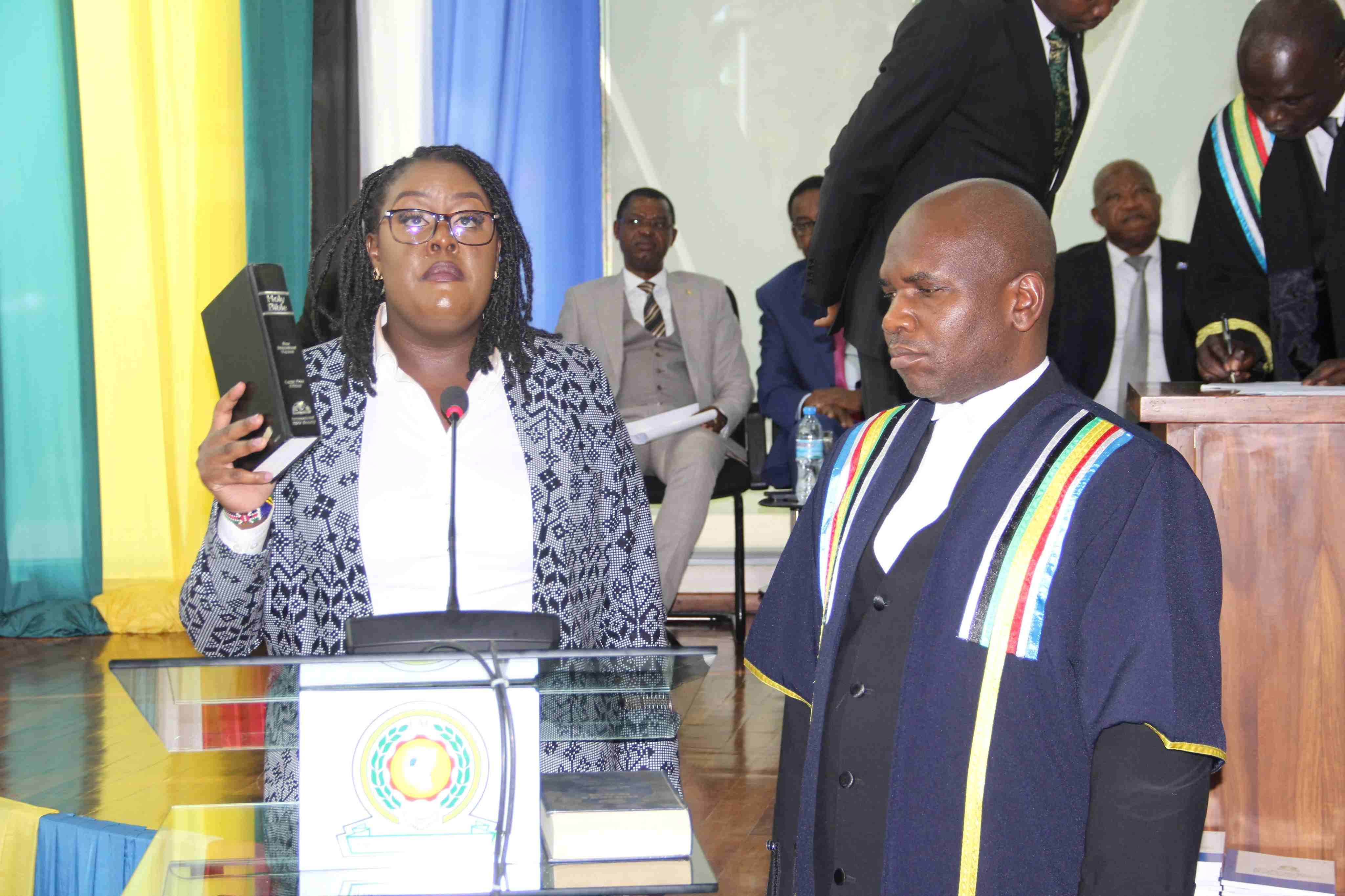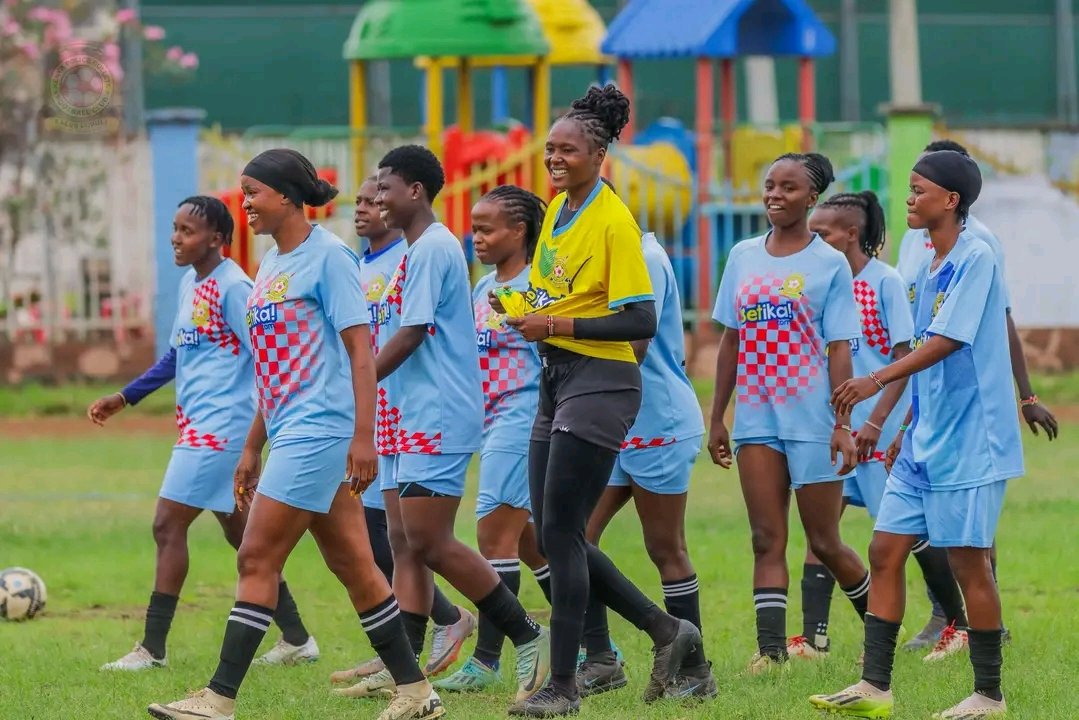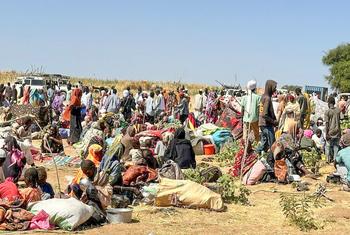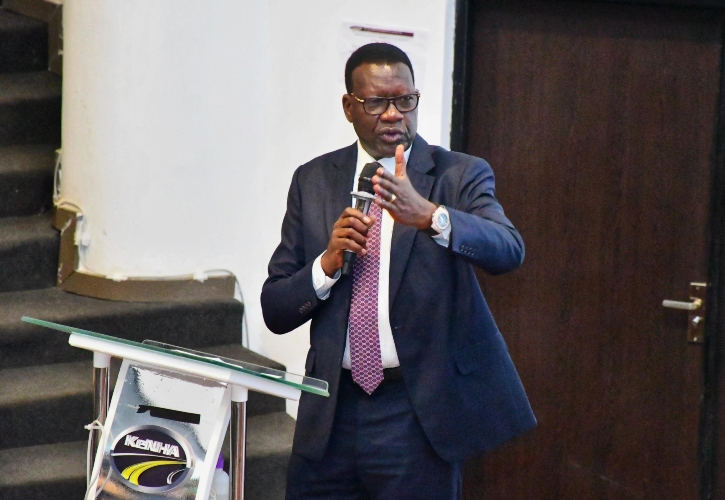Winnie Odinga's EALA reality check reveals deeper crisis in regional legislature

Winnie described EALA as "on its deathbed" and revealing that she has gone for months without receiving her salary.
Winnie Odinga, a member of the East African Legislative Assembly (EALA), has offered a sobering reflection on the state of the regional body, describing it as "on its deathbed" and revealing that she has gone for months without receiving her salary.
In an interview with Hot 96 FM, she went further, questioning her own future in the institution: "I think there'd be somebody better suited than me for that [role]."
More To Read
- MPs demand cost-benefit review of Kenya’s role in EAC
- EAC deploys 67-member mission to observe Tanzania’s elections
- EAC’s future at stake as AU flags uneven progress, weak governance
- EAC confirms investment-ready Kenya–Uganda Expressway, enhancing Mombasa port access
- Ruto recounts painful moment he found out about Raila’s death
- 'I’m ready to come back home' - Winnie Odinga hints at joining local politics
Her remarks cut through the ceremonial image often associated with EALA and lay bare the institutional fatigue and financial dysfunction afflicting the Arusha-based body.
They also mark a rare moment of public self-awareness from a politician whose appointment—largely seen as the product of dynastic privilege—was viewed with scepticism from the outset.
Regional Parliament or political refuge?
EALA, created under Article 9 of the Treaty for the Establishment of the East African Community (EAC), is mandated to legislate, provide oversight, and promote regional integration.
It comprises 45 elected members (nine from each partner state) and seven ex-officio members, including the EAC ministers from partner states and senior secretariat officials.
In theory, the Assembly is a vital cog in the regional integration machinery.
In practice, however, it has increasingly become a political dumping ground—a safe retreat for electoral losers, party loyalists, and the politically connected.
It offers five-year terms, diplomatic status, and tax-free allowances, but with little visibility or public accountability.
Kenya's nine slots to EALA are voted on by the National Assembly, and while the process is presented as competitive, the pattern of appointments suggests it is anything but.
Both Winnie Odinga, daughter of opposition-turned-government figure Raila Odinga, and Kennedy Musyoka, son of Wiper leader Kalonzo Musyoka, secured their seats through party endorsements rather than open contest.
A structural malaise
Odinga's frustration reflects a broader institutional malaise.
Beyond delayed salaries and funding gaps, EALA suffers from a legitimacy crisis.
Public engagement is minimal, legislative outputs are rarely impactful, and attendance by members is often erratic.
Odinga's candid statement may serve as an unintended audit of the Assembly's credibility: if a beneficiary of the very system now admits disillusionment, what hope is there for reform from within?
Her remarks raise uncomfortable questions: Are the nine seats Kenya sends to EALA intended for regional leadership or political reward?
What chance does a qualified, ordinary citizen—unconnected to political royalty—stand in securing a seat?
In admitting that she would not return to EALA if offered the opportunity again, Odinga does not just critique the institution—she implicitly distances herself from its dysfunction.
But her admission also draws attention to the broader failure of Kenya's political class to treat regional legislative roles as serious diplomatic and legislative assignments, rather than as a soft landing for the well-connected.
Whether this moment sparks introspection among party leaders or simply fades into the din of political noise remains to be seen.
But for now, EALA's relevance—and its future—continues to hang in the balance, caught between the aspirations of regional integration and the inertia of domestic political expediency.
Top Stories Today










































